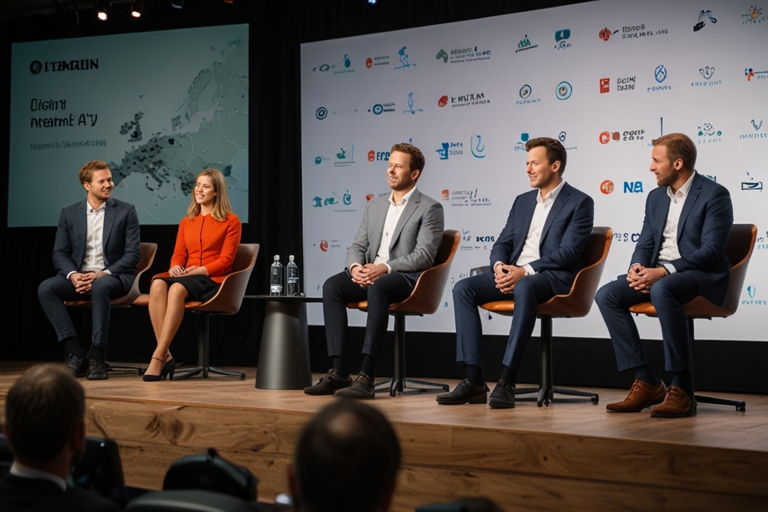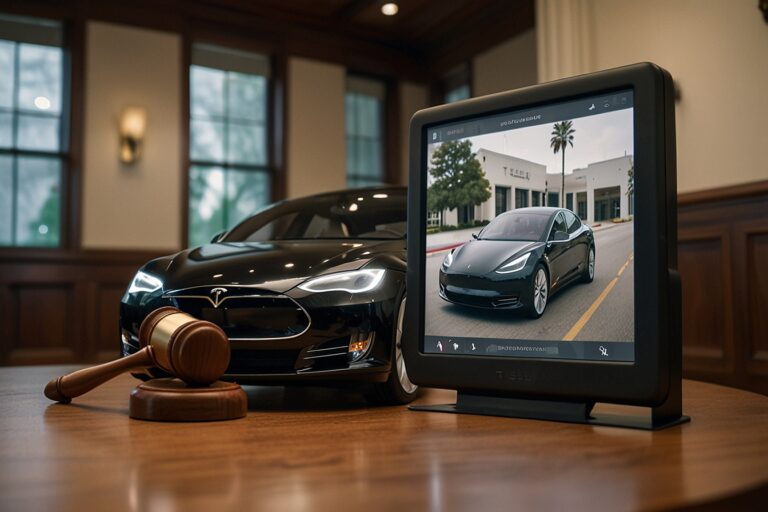
TL;DR
- Voi CEO Fredrik Hjelm says he’s open to acquiring Bolt’s micromobility business, though Bolt hasn’t confirmed a sale.
- The comments were made during a Micromobility Industries roundtable in Brussels, sparking debate over focus, profitability, and operational discipline.
- Competitors like Bird and Tier/Dott echoed concerns over Bolt’s ability to manage hardware-heavy services as a ride-hailing super app.
- Voi and Bird both posted EBITDA profitability in 2024, a key milestone in an industry pressured by consolidation.
- As margins tighten, focused operators may outcompete generalist platforms, even in well-funded markets.
Voi CEO Hints at Strategic Expansion
Speaking at a recent industry roundtable in Brussels, Voi co-founder and CEO Fredrik Hjelm stated publicly that he would be interested in acquiring Bolt’s micromobility business, should the Estonian firm choose to sell it. The micromobility unit — which includes e-scooters and e-bikes — is one of several verticals Bolt operates under its broader ride-hailing and delivery app ecosystem.
“Bolt is a great company, but they are mainly a ride-hailing company,” said Hjelm at the Micromobility Industries event.
The commentary was reported by TechCrunch, and while no formal acquisition talks have been confirmed, the discussion aligns with growing expectations for industry consolidation across Europe.
One App, Too Many Businesses?
Bolt currently operates across several verticals, including:
Critics, including Hjelm, argue that micromobility doesn’t benefit from synergies in the same way food and grocery delivery might.
“There are no strong network effects,” Hjelm said. “People care about experience and price, not where your scooter comes from.”
The Data
| Metric / Statement | Value / Details | Source |
| Voi adjusted EBITDA (2024) | $17.9 million | TechCrunch |
| Bird adjusted EBITDA (2024) | $19 million | TechCrunch |
| Bolt annual revenue (2024) | $2.11 billion | ERR News |
| Bolt operating loss (2023) | $108 million | ERR News |
| Micromobility revenue split | Not disclosed | N/A |
| Voi acquisition comment | Expressed at Micromobility Industries roundtable | TechCrunch |
Rivals Echo Skepticism About Bolt’s Strategy
Hjelm wasn’t alone. Bird co-CEO Michael Washinushi and Tier/Dott CEO Henri Moissinac also questioned Bolt’s approach to micromobility.
Washinushi stated:
“They discount the price and that’s how they acquire installs. But they don’t invest in high-quality operations.”
He emphasized data-driven fleet optimization, noting that modern cities require strategic coverage, not just bulk scooter deployment.
“That model of ‘spray and pray’ just doesn’t work anymore,” he said.
From Bankruptcy to EBITDA: The Bird and Voi Comeback
Bird and Voi now report adjusted EBITDA profitability — a major milestone for an industry once plagued by losses and high burn rates.
- Bird filed for bankruptcy in 2023 and delisted, but rebounded under new leadership.
- Voi, by contrast, focused early on operational efficiency, helping it stand apart in municipal tenders.
Meanwhile, Bolt has never broken out micromobility-specific financials — raising concerns that the unit may be underperforming or deprioritized.
Could Voi + Bolt Reshape the Market?
If an acquisition were to happen, Voi would gain:
- Expanded user base in Central and Eastern Europe
- Fleet economies of scale
- Enhanced permit leverage with cities
- A stronger position against Tier and smaller challengers
While Tier and Dott merged in 2024 to reduce duplication and compete on unit economics, Voi has stayed lean and profitable — a strategy now paying off.
Bolt Declines to Comment, but Market Signals Are Clear
When asked whether Voi had formally approached Bolt, Hjelm declined to elaborate, quipping instead:
“I’m at the Swedish House Mafia reunion and will think about Bolt tomorrow.”
Bolt has so far declined all media comment on a potential sale.
But the industry consensus seems clear: the European micromobility sector is ripe for consolidation, and Voi is poised to play an active role.
Conclusion: Consolidation as a Competitive Advantage
The micromobility wars are no longer about who can launch the most scooters — they’re about who can run sustainable, city-compliant, and profitable operations. Companies that treat micromobility as a core competency, not an add-on, are beginning to outcompete those that don’t.
Whether or not Voi acquires Bolt’s micromobility division, the discussion alone signals a shift in how the industry views value creation — not in installs, but in margin and focus.






